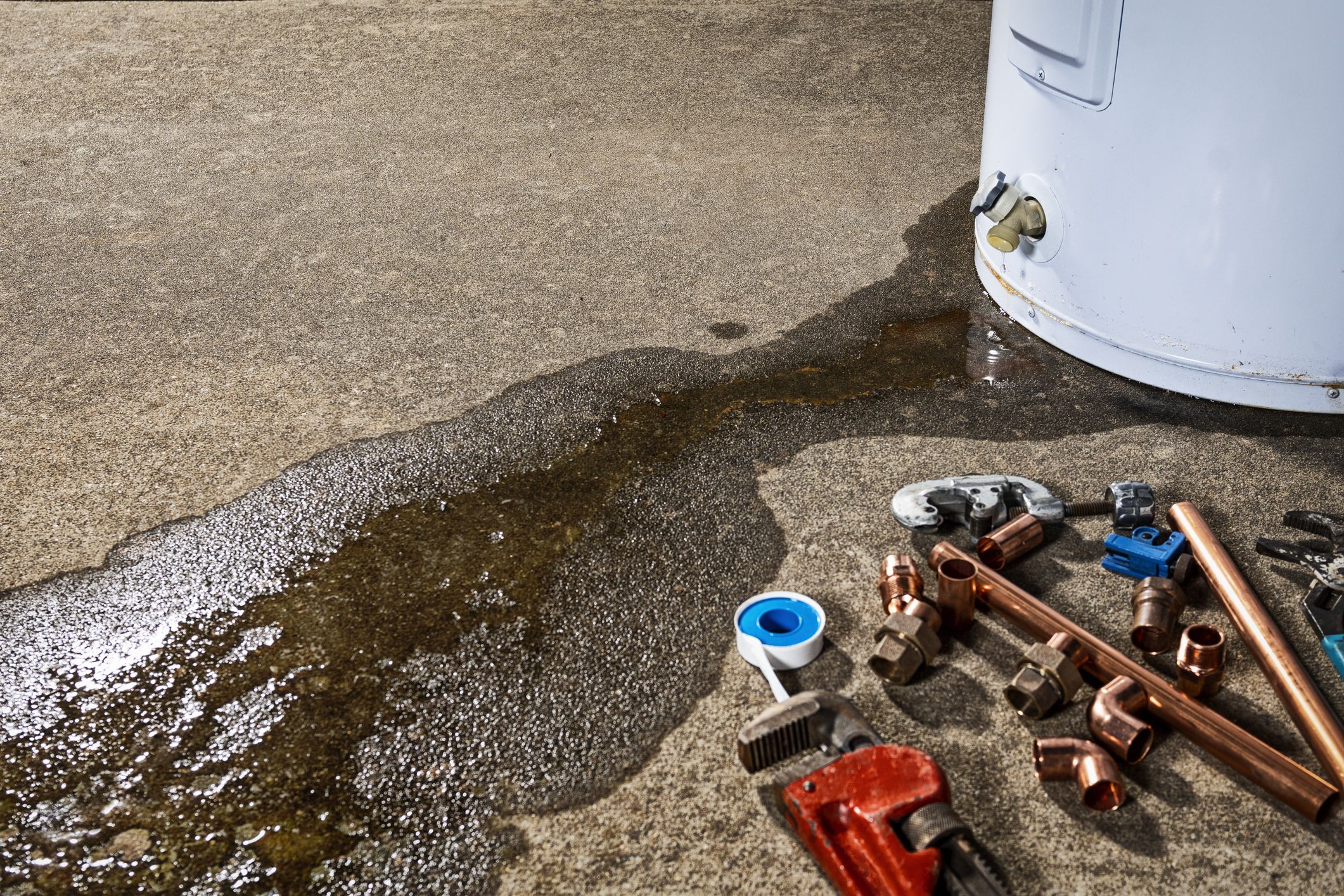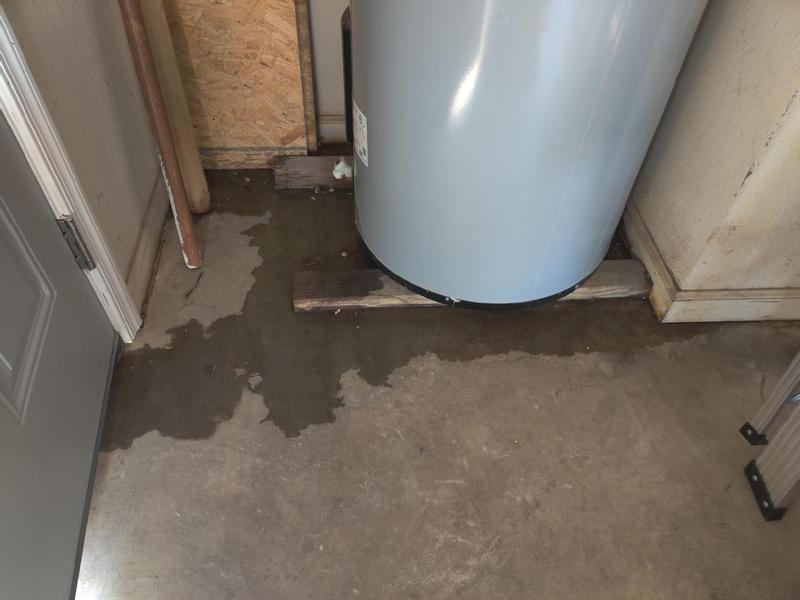Essential Steps for Home Owners When Faulty Hot Water Systems
Essential Steps for Home Owners When Faulty Hot Water Systems
Blog Article
Just how do you feel about Maintaining & Draining a Water Heater?

Whether it lies in the cellar or a different room, damaged water heaters can cause stress and anxiety. A typical device holds 80 gallons, so an over night leakage will bring about a flood. This results in significant residential or commercial property damages with soaked walls as well as floors. Besides, having no hot water supply is also frustrating. If you are taking care of these issues, remember of the following:
Shut Off Source Of Power
Before calling the plumber, turned off a gas water heater by transforming the temperature level dial. This is typically situated at the top of the thermostat. Switch over off the circuit breaker if you have a design that runs on electrical power. This will certainly stop electrocution, specifically if there is a leakage as water is a conductor. Generally, the heating element shuts off when the water strikes a certain temperature level. With a damaged tank, it may malfunction. Cutting it off ensures you stay secure.
Cut Off the Cold Water Supply
Cut off the containers touch water supply from the source. When your container is in excellent condition, the cool water quits loading up when the storage tank is full. If you can not find it or reach it, you should turn off that primary water supply line outside your residential or commercial property.
Call the Plumber
After doing the very first two security actions, you should call your plumber to come right now to repair a fractured hot water heater. Nonetheless, remember that your device will certainly not just conk out significantly overnight. There are typically indications that your aging hot water heater has debris buildup in the inside. Keep in mind of the following:
Instead, as soon as you spot these signs, have a specialist come to evaluate your water heating system thank. Typically, water heating systems have a lifespan of concerning 8 to 12 years.
Clean Up Residential or commercial property
After calling the plumber, file damage by taking notes and also pictures so you can claim your homeowner's insurance coverage. Remove any standing water to stop mold as well as mildew growth. If you have a submersible water pump, make use of that to drain the water.
Bear in mind, if you see any type of issues with your water heating unit, call the pros right away. You can not take this issue lightly because a defective thermostat can raise water temperature to a precariously high degree, leading to accidental burns.
Whether it is located in the basement or a different room, damaged water heating units can create anxiety. Before calling the plumber, shut off a gas water heating system by turning the temperature dial. After doing the first two security actions, you have to call your plumber to come right away to deal with a fractured water heater. If you have a submersible water pump, use that to drain the water. Keep in mind, if you discover any kind of concerns with your water heater, call the pros right away.
MY WATER HEATER BURST – WHAT DO I DO?
WHAT ARE THE SIGNS OF A BROKEN WATER HEATER?
When the water heater ruptures and floods your home, you know you’re in trouble. More often, the unit develops signs of trouble that aren’t as dramatic. These are some of the most common signs that your water heater is about to become a serious homeowner’s headache.
LEAKING
Leaking pipe connections and water pooling under the tank are sure indicators of water heater failure. Leaking is relatively common in tanks that are 6 or more years old.
CORROSION
If you find that you’re having to manually adjust your tank to higher temperatures, corrosion may be an issue. When it affects the valves, it becomes impossible for the hot water tank to produce hot water automatically.
FUNKY WATER
Rusty water coming from hot water taps is often caused by aging pipes in the unit. At the same time, water that is too hot or not hot enough indicates a malfunctioning thermostat or other part.
ODD NOISES
Rumbling, banging or popping sounds are usually signs of sediment buildup in the tank. Have these noises checked immediately to prevent further damage to the tank.
DETERIORATION
Deterioration happens when sediment sits on the bottom of the tank for too long, eventually causing the tank to rust and wear down, causing leaking, corrosion, and a broken water heater.
https://www.servicemasterbyzaba.com/blog/what-to-do-when-water-heater-breaks/

I was shown that article on How to Avoid a Broken Hot Water Heater from an associate on a different website. Sharing is nice. Helping others is fun. Many thanks for your time. Come back soon.
Plumbing woes? Contact. Report this page